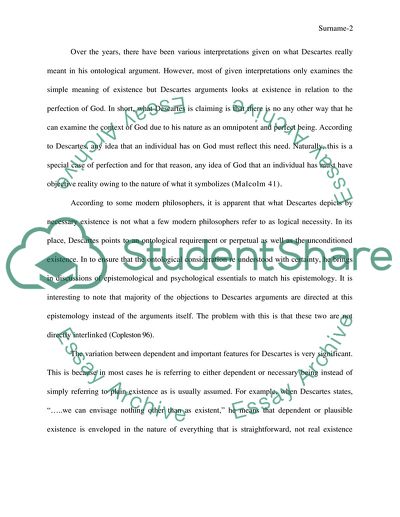Cite this document
(“Philosophy Essay Example | Topics and Well Written Essays - 1250 words - 28”, n.d.)
Retrieved from https://studentshare.org/philosophy/1641980-philosophy
Retrieved from https://studentshare.org/philosophy/1641980-philosophy
(Philosophy Essay Example | Topics and Well Written Essays - 1250 Words - 28)
https://studentshare.org/philosophy/1641980-philosophy.
https://studentshare.org/philosophy/1641980-philosophy.
“Philosophy Essay Example | Topics and Well Written Essays - 1250 Words - 28”, n.d. https://studentshare.org/philosophy/1641980-philosophy.


